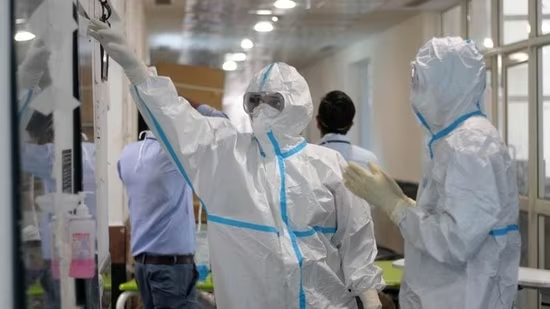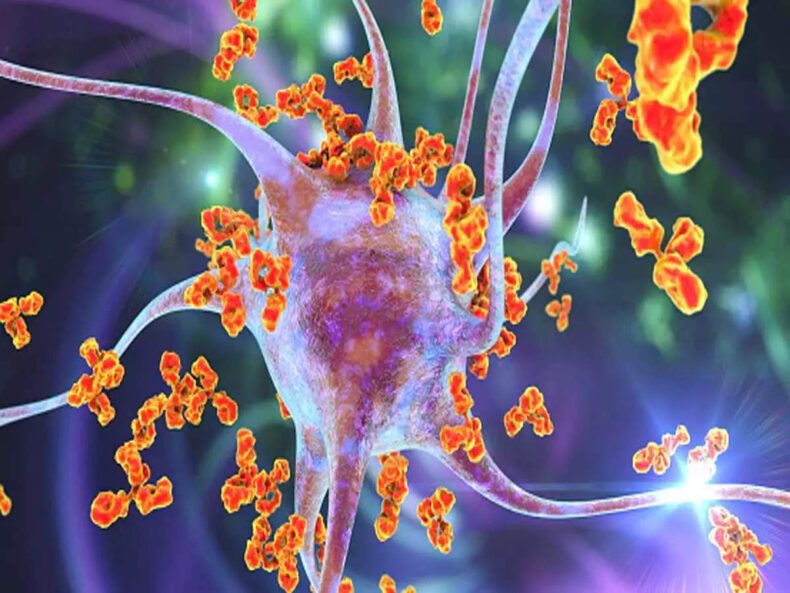Introduction:
In a concerning turn of events, Peru has declared a 90-day health emergency due to a surge in Guillain-Barre Syndrome (GBS) cases. This debilitating neurological disorder has caught the attention of health authorities worldwide, as Peru grapples with the growing impact of the syndrome. This article sheds light on the nature of Guillain-Barre Syndrome, the reasons behind Peru’s national emergency declaration, and the urgent actions being taken to address the situation. Stay informed as we delve into the intricacies of GBS and its implications for public health.
Understanding Guillain-Barre Syndrome:
Guillain-Barre Syndrome is a rare autoimmune disorder that affects the peripheral nervous system. It occurs when the body’s immune system mistakenly attacks the nerves, leading to muscle weakness, numbness, and, in severe cases, paralysis. The exact cause of GBS remains unknown, but it is often preceded by a viral or bacterial infection. While GBS can affect anyone, certain factors such as age and genetics may increase the risk.
Peru’s National Emergency Declaration:
Peru’s decision to declare a 90-day health emergency stems from the alarming rise in Guillain-Barre Syndrome cases within the country. The government aims to mobilize resources, raise awareness, and implement preventive measures to curb the spread of the syndrome. This emergency declaration underscores the gravity of the situation and the urgency to address the health crisis promptly and effectively.

The Impact on Public Health:
The surge in Guillain-Barre Syndrome cases has raised concerns among health authorities and the general public. With increasing hospitalizations and the potential for long-term disabilities, understanding and managing GBS has become a priority. The health emergency declaration enables the government to allocate resources to hospitals, enhance surveillance systems, and educate the public about the syndrome’s symptoms, risk factors, and preventive measures.
Preventive Measures and Treatment:
While there is no specific cure for Guillain-Barre Syndrome, early detection and prompt medical intervention can significantly improve outcomes. Treatment often focuses on managing symptoms, providing supportive care, and preventing complications. Rehabilitation and physical therapy play a crucial role in helping patients regain strength and mobility. Vaccination against infectious diseases, including Zika and dengue, may also help reduce the risk of GBS in some cases.
International Cooperation and Research Efforts:
The global medical community closely monitors the situation in Peru and collaborates to better understand Guillain-Barre Syndrome. Researchers are studying the link between GBS and viral infections, seeking potential breakthroughs in treatment and prevention strategies. Sharing knowledge, exchanging data, and fostering international cooperation are essential in combating the syndrome’s impact and mitigating future outbreaks.
Raising Awareness and Public Education:
In the face of the Guillain-Barre Syndrome outbreak, raising awareness and educating the public about the syndrome is paramount. Efforts are underway to disseminate accurate information, debunk myths, and provide guidance on preventive measures. Public health campaigns emphasize the importance of hygiene, vaccination, and seeking medical attention promptly in case of relevant symptoms.
Conclusion:
The declaration of a 90-day health emergency in Peru due to the surge in Guillain-Barre Syndrome cases highlights the gravity of the situation. Guillain-Barre Syndrome poses a significant challenge to public health, and immediate action is necessary to contain its spread and support affected individuals. Through enhanced surveillance, preventive measures, research collaborations, and public education, we can work towards reducing the impact of GBS and ensuring the well-being of communities worldwide. Stay informed, stay vigilant, and prioritize your health in the face of this evolving health emergency.













